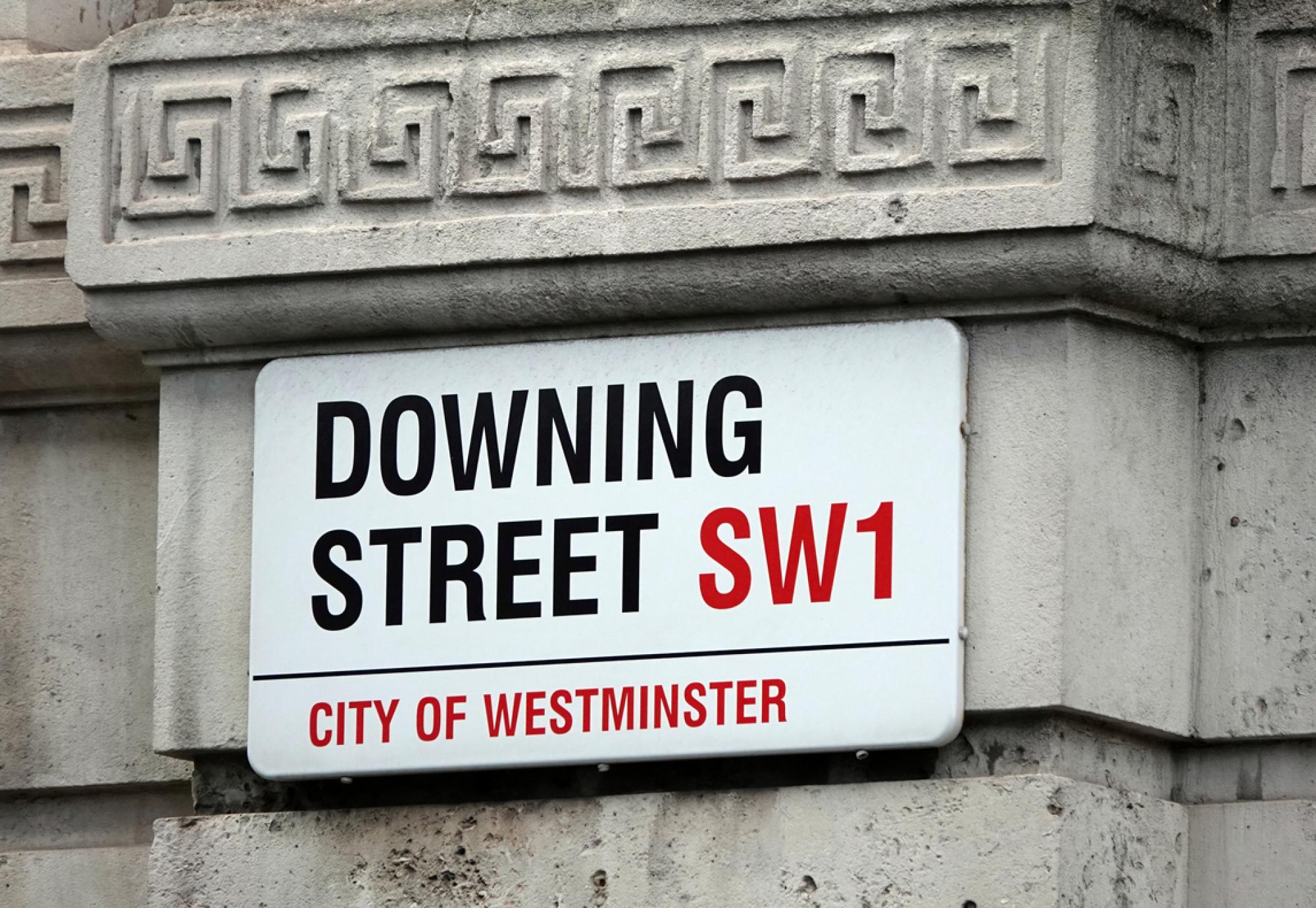The health and social care sector is today responding to Lord Darzi’s landmark review of the NHS, which has concluded that a decade of investment starvation has led to an NHS in “disrepair”.
Health secretary Wes Streeting ordered Darzi, a practising surgeon with over 30 years’ experience in the NHS, to carry out a rapid review of the state of the NHS just a week after he came into office. Ultimately, the report will inform a 10-year NHS reform strategy.
During his investigation, Lord Darzi examined more than 600 items of analysis, submitted by the government itself to NHS England and various other external organisations.
An expert reference group was also established which featured 70 organisations that actively pursued frontline insight.
Findings
The 142-page document lays bare a health service that is in “critical condition” but whose vital signs “remain strong” thanks to staff passion and determination.
"I've worked in the NHS for more than 30 years, but I've been shocked by what I've found during this investigation."
— Department of Health and Social Care (@DHSCgovuk) September 12, 2024
Professor Lord Darzi's diagnosis of our NHS 👇https://t.co/xYE1Zlrg2z pic.twitter.com/hdsi6tPzuV
A significant reason behind the malaise includes the “disastrous” 2012 Health and Social Care Act which is dubbed “a calamity without international precedent” in the report. The report says that it took 10 years to return to a sensible structure, after the act’s deleterious impact on management capacity and capability.
Another is the continued underinvestment throughout the 2010s.
Prime minister Sir Keir Starmer, said: “Lord Darzi describes [the 2010s] as ‘the most austere decade since the NHS was founded’. Crumbling buildings, decrepit portacabins, mental health patients accommodated in Victorian-era cells infested with vermin.
“The 2010s were a lost decade for our NHS…which left the NHS unable to be there for patients today, and totally unprepared for the challenges and opportunities of tomorrow.”
The underinvestment’s consequences are revealed in many areas – for example, no progress was made in diagnosing cancer at stage one or two between 2013 and 2021.
“In the last 15 years, the NHS was hit by three shocks – austerity and starvation of investment, confusion caused by top-down reorganisation, and then the pandemic which came with resilience at an all-time low,” said Lord Darzi.
“Two out of three of those shocks were choices made in Westminster.”
Wes Streeting added that, while there is evidently a long road ahead, “the NHS is broken, it’s not beaten” and reform will come.
What next?
The prime minister has confirmed his government is “working at pace” to build its 10-year plan which will be a reimagining of the NHS not previously seen since its inception 76 years ago.
He also reaffirmed his commitment to three key areas of reform:
- Analogue to digital
- Hospital to community (another key finding in the report was too much focus being put on hospitals)
- Sickness to prevention
NHS England CEO, Amanda Pritchard, commented: “As Lord Darzi rightly points out, many of the solutions can be found in parts of the NHS today.
“That is why we are fully committed to working with government to create a 10-year plan for healthcare to ensure the NHS recovers from Covid, strengthens its foundations and continues to reform so it is fit for future generations.”
Sector response
The report has been widely welcomed by different parts of the health sector, from NHS organisations, to charities and think tanks.
CEO at the Health Foundation, Dr Jennifer Dixon, says the NHS is weakened but not broken.
“The question now is what the government does in response,” she added. “Darzi’s diagnosis points to some obvious priorities for NHS reform, including shifting the balance of resources towards primary care and community-based services, modernising NHS buildings and equipment, and harnessing the benefits of new technology to improve care for patients.
“The NHS is weakened but not broken – and staff can recover services if they are given the resources to make it happen.
“But ministers must go further and use their health ‘mission’ to put health at the heart of government and take coordinated action across Whitehall on the building blocks of health – like income, employment, and housing.”
Sir Julian Hartley, CEO at NHS Providers, said: “Lord Darzi’s report acknowledges what trust leaders have long called for – if we want to improve patient care and boost productivity, we need significantly more capital investment in the NHS alongside wider reforms including a shift to providing more care closer to home.”
He added: “With the government’s 10-year plan for the NHS on the horizon, it’s right that we shift our focus now to creating a truly ‘next generation’ health service.
“Focusing on the creation of a ‘digital’ NHS, prevention and public health and ensuring patients are cared for in the right setting are steps in the right direction.”
CEO at National Voices, Jacob Lant, added that, despite the findings being “deeply troubling”, they are of no surprise. He said: “The NHS is in a sorry state, and we agree wholeheartedly with the review that the failure to systematically involve patients in the design and delivery of services is one of the key drivers of current poor performance.
"With the 10 Year Plan to be developed over the autumn, the NHS, together with the Government has the chance to put this right and create a culture that puts patients in the driving seat of creating a more efficient and more person-centred service for years to come."
Image credit: iStock



















